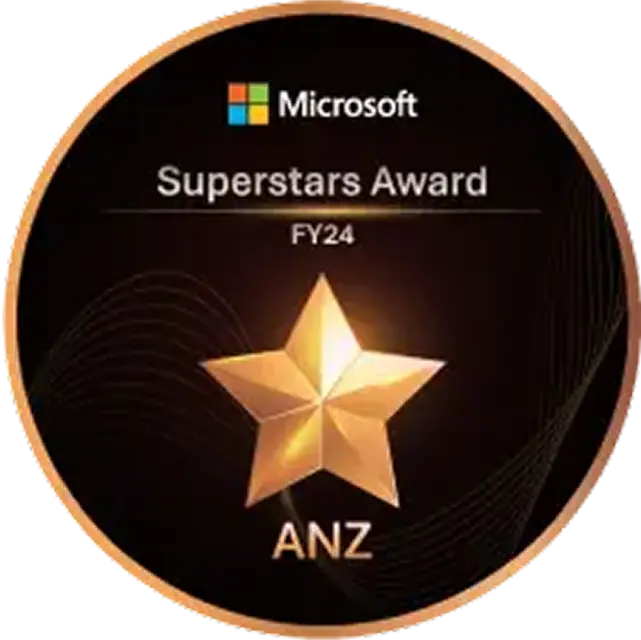Unable to find what you're searching for?
We're here to help you find itChange Technology
Payment Card Industry Data Security Standard (PCI-DSS) is a globally recognized framework designed to ensure the secure handling of cardholder data and protect against payment fraud. Developed by the PCI Security Standards Council (PCI SSC), this compliance standard is mandatory for businesses that process, store, or transmit credit card information. Organizations such as Visa, MasterCard, American Express, and Discover require adherence to PCI-DSS to minimize security risks and protect customer data.
With cyber threats increasing, compliance with PCI-DSS is essential for businesses in banking, e-commerce, retail, and FinTech to safeguard transactions and maintain consumer trust. Professionals who understand PCI-DSS compliance can help organizations avoid hefty fines, legal issues, and data breaches. Learning PCI-DSS best practices equips IT security teams, compliance officers, and auditors with the skills to implement strong access controls, encryption methods, and secure network architecture.
By obtaining PCI-DSS training, professionals can enhance their expertise in risk assessment, vulnerability management, and incident response, making them valuable assets to financial institutions, IT security firms, and payment processing companies.

Clear All
Filter
Clear All
Clear All
Clear All
*Excluding VAT and GST
Showing to of entries

Winner of Microsoft's ANZ Superstar Campaign
2024
Winner of Microsoft's ANZ Superstar Campaign
2024
Winner of Microsoft's ANZ Superstar Campaign
2024The PCI-DSS framework was introduced in 2004 by major credit card brands, including Visa, MasterCard, American Express, Discover, and JCB, to establish unified security standards for payment data protection. Before its inception, each brand had separate security programs, leading to inconsistencies and vulnerabilities.
The creation of the PCI Security Standards Council (PCI SSC) in 2006 centralized the governance of PCI-DSS, ensuring a global standard for payment security. Over the years, PCI-DSS compliance has evolved with technological advancements, incorporating encryption protocols, tokenization, and multi-factor authentication to address emerging cyber threats.
The framework is continuously updated to combat new attack vectors. With businesses moving to cloud-based payment systems and mobile transactions, PCI-DSS v4.0, released in 2022, focuses on enhanced security controls, risk-based approaches, and stronger authentication measures.
The latest updates in PCI-DSS v4.0 emphasize zero-trust security models, continuous monitoring, and enhanced encryption techniques to combat evolving cyber threats. Organizations are integrating AI-driven fraud detection systems, tokenization, and biometrics authentication to enhance payment security.
With the rise of cloud computing and digital payments, businesses are implementing cloud-native security solutions to maintain PCI-DSS compliance in multi-cloud environments. Additionally, the shift towards DevSecOps is enabling companies to embed PCI-DSS controls into software development lifecycles, ensuring security at every stage.
The global adoption of contactless payments and blockchain-based transactions has also influenced PCI-DSS policies, prompting updates in encryption standards and real-time risk management. As regulatory requirements tighten, organizations must stay ahead by adopting automated compliance management tools to streamline audits and risk assessments.
Ans - No, the published fee includes all applicable taxes.



